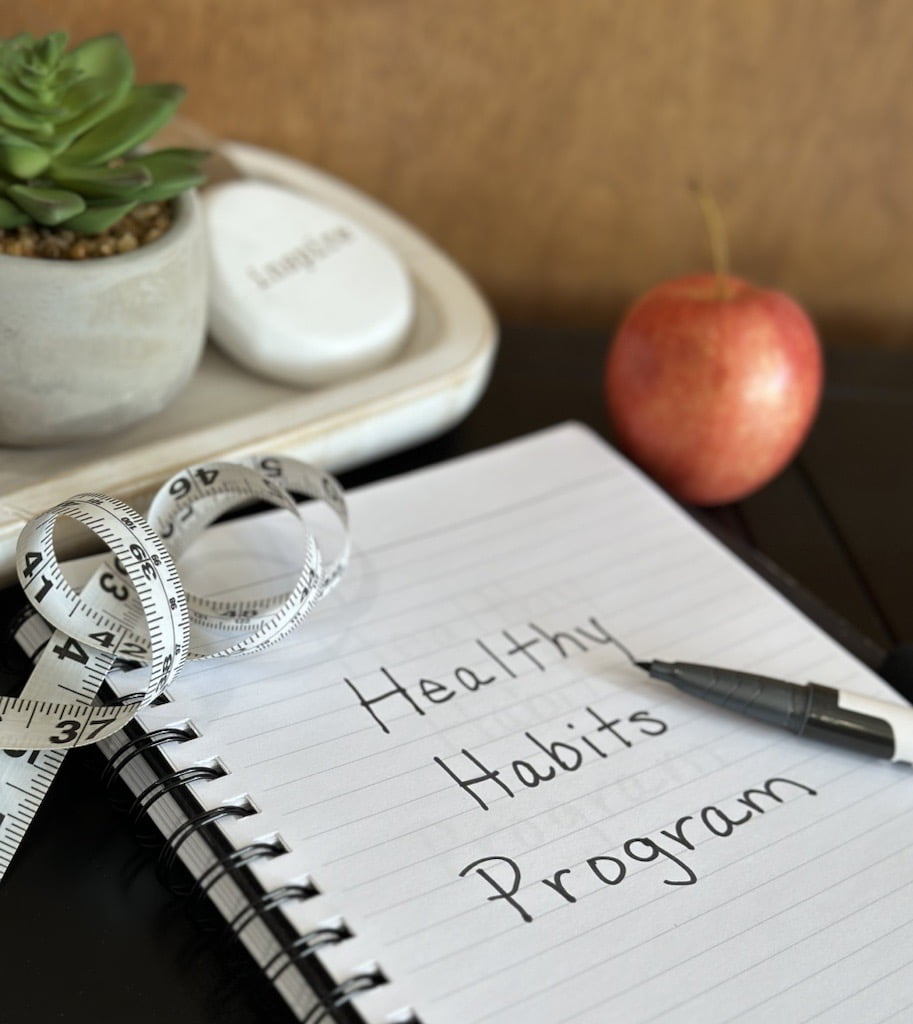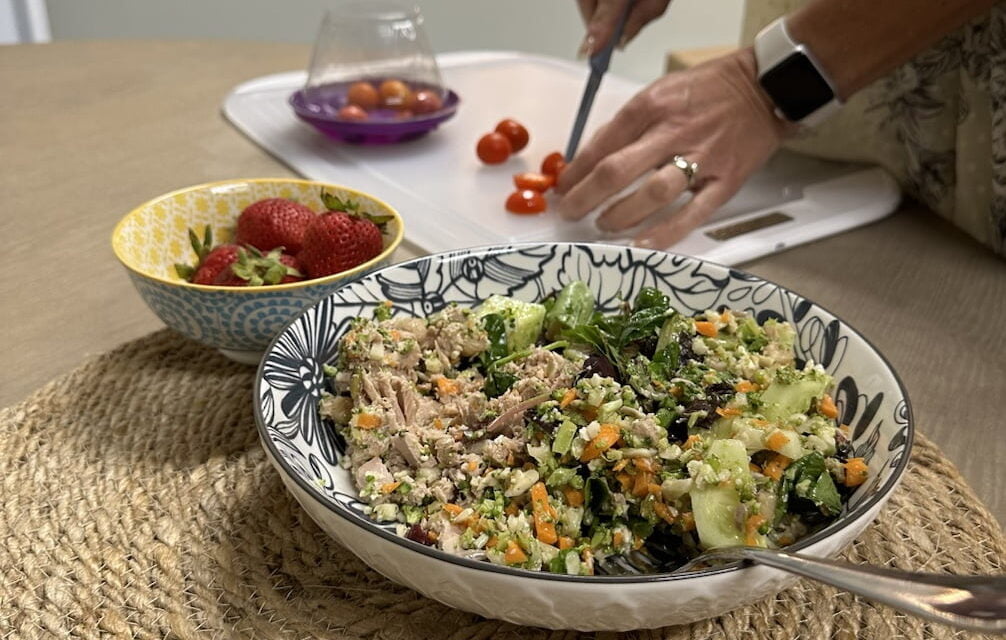
Lifestyle Wellness Clinic, located in Baxter, MN, positions itself as a partner in transformation—offering personalized weight-loss programs, coaching, functional therapies, and a holistic view of health. Their philosophy emphasizes that no body is the same, and that true wellness must integrate mind, body, and lifestyle.
This post is crafted as a reference guide for prospective clients or curious readers—covering foundational principles, strategic phases of weight loss and wellness, common pitfalls, and how to align your mindset and behaviors for long-term success. It’s informative, not promotional, with thoughtful internal and one external link (a non-competing wellness / nutrition resource) listed below.
Many traditional weight-loss plans focus narrowly on calories in vs calories out. While that aspect is significant, long-term success often hinges on more than diet and exercise:
Lifestyle Wellness Clinic echoes this perspective: their “Healthy Habits Lifestyle Coaching Program” blends nutrition, movement, stress management, and personalized support. Their “Choose to Lose” and prescription-supervised (e.g. semaglutide) programs further highlight layered options.
Below is a framework many holistic wellness programs follow—something you or prospective clients may find logically reassuring.
This lifecycle mirrors many science-forward wellness programs and helps prevent the “yo-yo” effect common in diet culture.
Recognizing and planning for obstacles can keep progress smoother. Below are frequent challenges and strategies to mitigate them:
| Pitfall | Why It Happens | Safeguard / Strategy |
|---|---|---|
| Overly restrictive plans | “All or nothing” mentality, guilt, deprivation | Build in flexibility, occasional allowances, long-term mindset |
| Unrealistic expectations | Pressured by social media or “quick fix” culture | Celebrate small wins, normalize slow & steady progress |
| Poor sleep / recovery | Working late, screen time, stress interfere | Prioritize regular sleep schedules, wind-down rituals, sleep hygiene |
| Emotional or stress eating | Food becomes coping tool in absence of other strategies | Develop non-food coping (journaling, walking, mindfulness) |
| Neglecting consistency over perfection | Skipped days feel like total failure | Aim for “mostly consistent,” not perfect; get back on track quickly |
| Ignoring underlying issues (thyroid, gut, hormonal) | One-size nutrition may mask root causes | Use lab data, clinical consultation, adjust the plan rather than force-fit |
A program like the one Lifestyle Wellness offers—with coaching and layered support—can help guard against many of these slip-ups, especially when clients are educated and empowered.









